Customer loyalty is essential for the growth and success of any business. Building a strong relationship with your customers requires more than just selling a product or service. Your customers need to feel appreciated and valued, and one way to achieve this is through effective Customer Relationship Management (CRM).
In today’s competitive market, businesses are looking for ways to leverage CRM to retain existing customers and acquire new ones. In this blog post, we discuss the role of CRM in building customer loyalty and how it can create a lasting impact on the growth of your business.
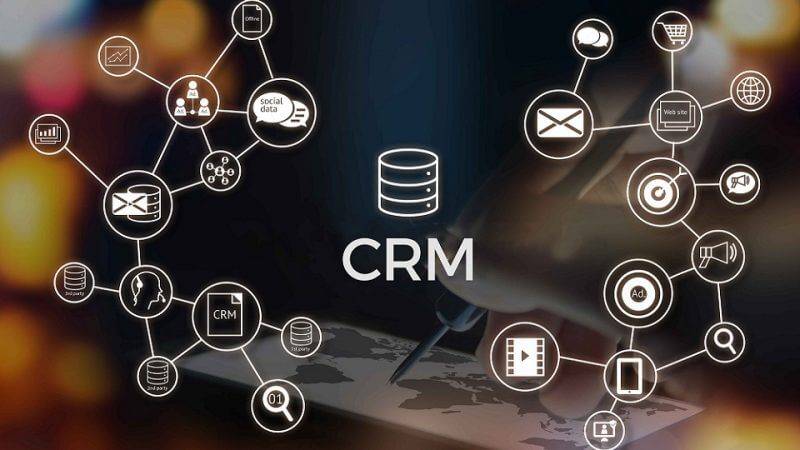
Introduction to Customer Loyalty
Customer loyalty is paramount in today’s business world, where competition is fierce and customers have a plethora of choices. Developing a loyal customer base can be arduous, but it is the key to growing a successful business. Now more than ever, companies are seeking ways to retain their existing customers, and CRM software has become an invaluable tool in achieving this.
This blog section will delve into the importance of customer loyalty and how investing in CRM can help build strong relationships with customers, automate processes, and drive sales growth. Understanding the importance of customer loyalty is the first step towards adopting CRM software as an essential part of any organization’s customer relationship management strategy.
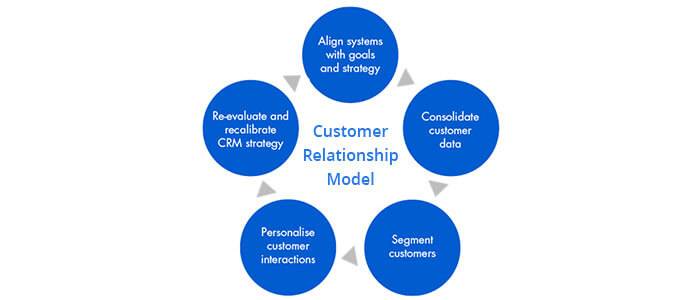
Importance of CRM in Building Customer Loyalty
The Importance of CRM in Building Customer Loyalty cannot be understated. As businesses become increasingly competitive, maintaining a loyal customer base is essential. By keeping track of customer interactions and preferences, CRM software enables businesses to provide personalized experiences that keep customers coming back.
In addition, CRM streamlines communication channels, making it easier for companies to respond to customer inquiries and feedback in a timely manner. This ultimately leads to improved customer satisfaction and brand loyalty. When used effectively, CRM can be a powerful tool for businesses looking to build lasting relationships with their customers.
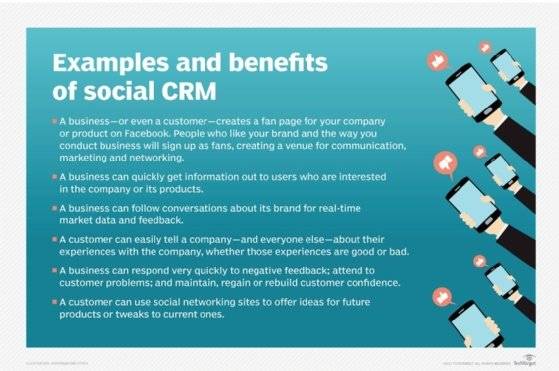
Benefits of Implementing CRM in Your Business
Implementing a CRM system in your business offers many benefits beyond simply improving customer service. One major advantage is the ability to segment customers and target your most valuable ones with personalized rewards and promotions, which can lead to increased loyalty and retention rates. Additionally, a well-implemented CRM system helps streamline the sales process and ensures that each customer gets what they want, when they want it. This can ultimately lead to increased sales growth for your business.
Plus, because a CRM system compiles customer data across various touchpoints, it greatly reduces the need for manual work and cuts down on the number of staff needed to manage customer relationships. Incorporating a CRM system in your business can help drive customer satisfaction and business success.
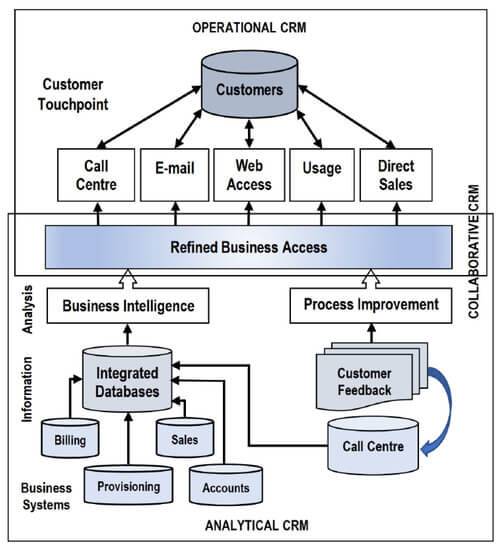
How CRM Helps to Boost Your Organization Game
Customer relationship management (CRM) software is a game-changer for any business that wants to take customer loyalty to another level. With a CRM system in place, businesses can streamline various aspects of customer relationships, from communication channels to tracking customer interactions. But how exactly does CRM help improve your organization’s game?
Firstly, CRM provides a 360-degree view of your customers, which helps you identify crucial customer trends and behaviors. As a result, businesses can tailor their products and services to meet their customers’ exact needs. Secondly, CRM helps businesses to automate their sales and marketing efforts, reducing manual tasks such as data entry and sending emails. This automation lets your salespeople focus on what matters most – building customer relationships.
CRM systems also provide businesses with accurate forecasting tools, allowing you to make decisions based on data rather than hunches. Businesses can make informed sales predictions, inventory projections, and staffing decisions by analyzing customer data. Finally, CRM helps businesses to reduce churn rates by enhancing customer experience. With real-time data insights, businesses can quickly identify and solve customer problems, reducing the chances of customers leaving.
CRM software can help businesses boost their organizational game through various channels, from automating tasks to providing real-time insights into customer behavior. CRM systems allow businesses to streamline processes, improve customer experience, and build a loyal customer base that drives sales growth.
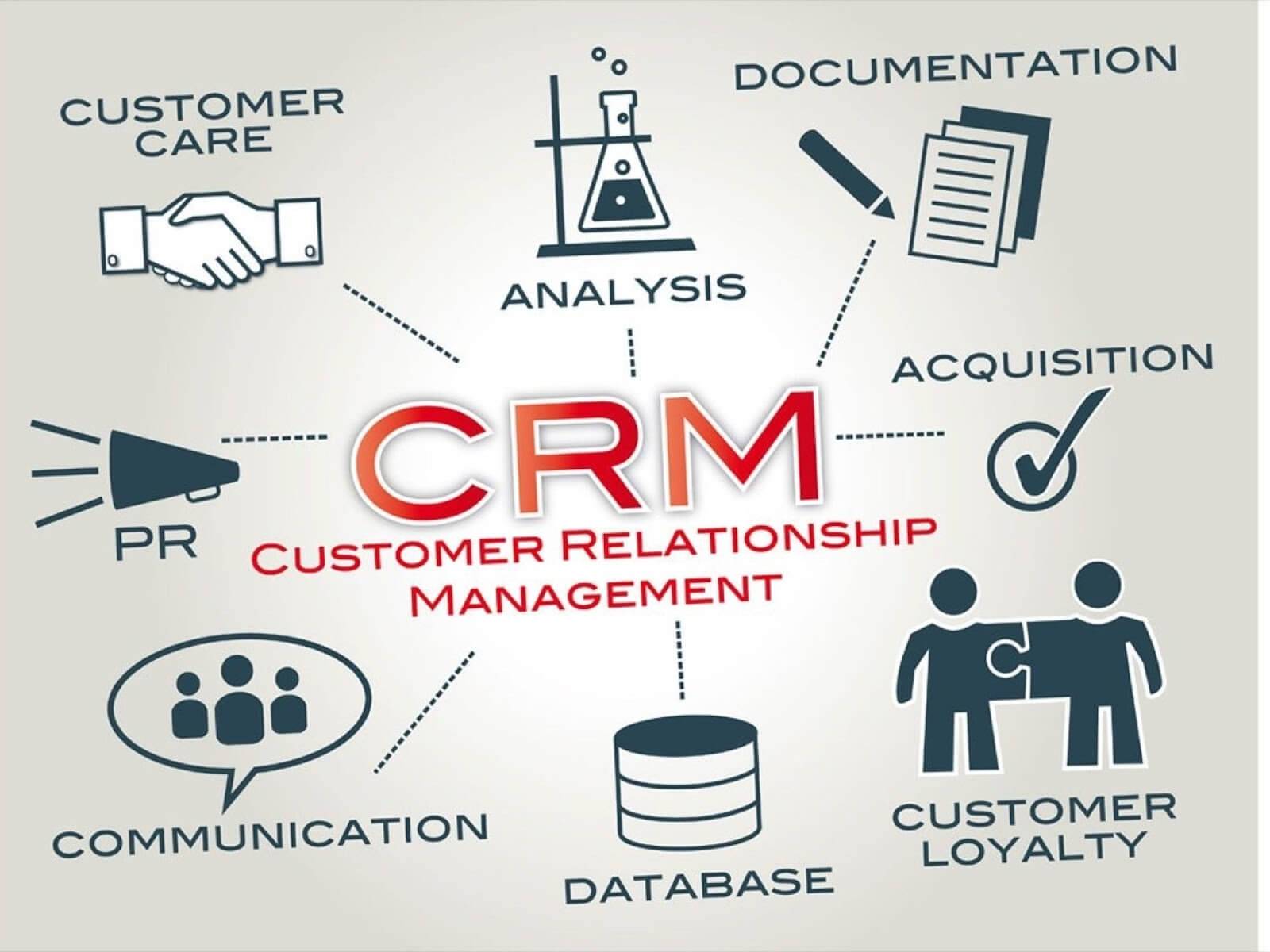
How to Use CRM to Automate and Streamline Customer Relationship Efforts
In today’s fast-paced business world, it’s essential to streamline and automate your customer relationship efforts. That’s where CRM software comes in. By implementing a CRM system, business owners can automate tedious tasks like follow-up emails, appointment scheduling, and data entry. This frees up valuable time, allowing staff to focus on building strong relationships and delivering exceptional customer service.
Furthermore, automating your customer relationship efforts with CRM enables businesses to increase efficiency and productivity, allowing more time and resources directed toward leads and customers. By automating and streamlining customer relationship efforts, businesses can deliver personalized experiences, better customer service, and improved customer satisfaction – all of which lead to increased customer loyalty and long-term growth.
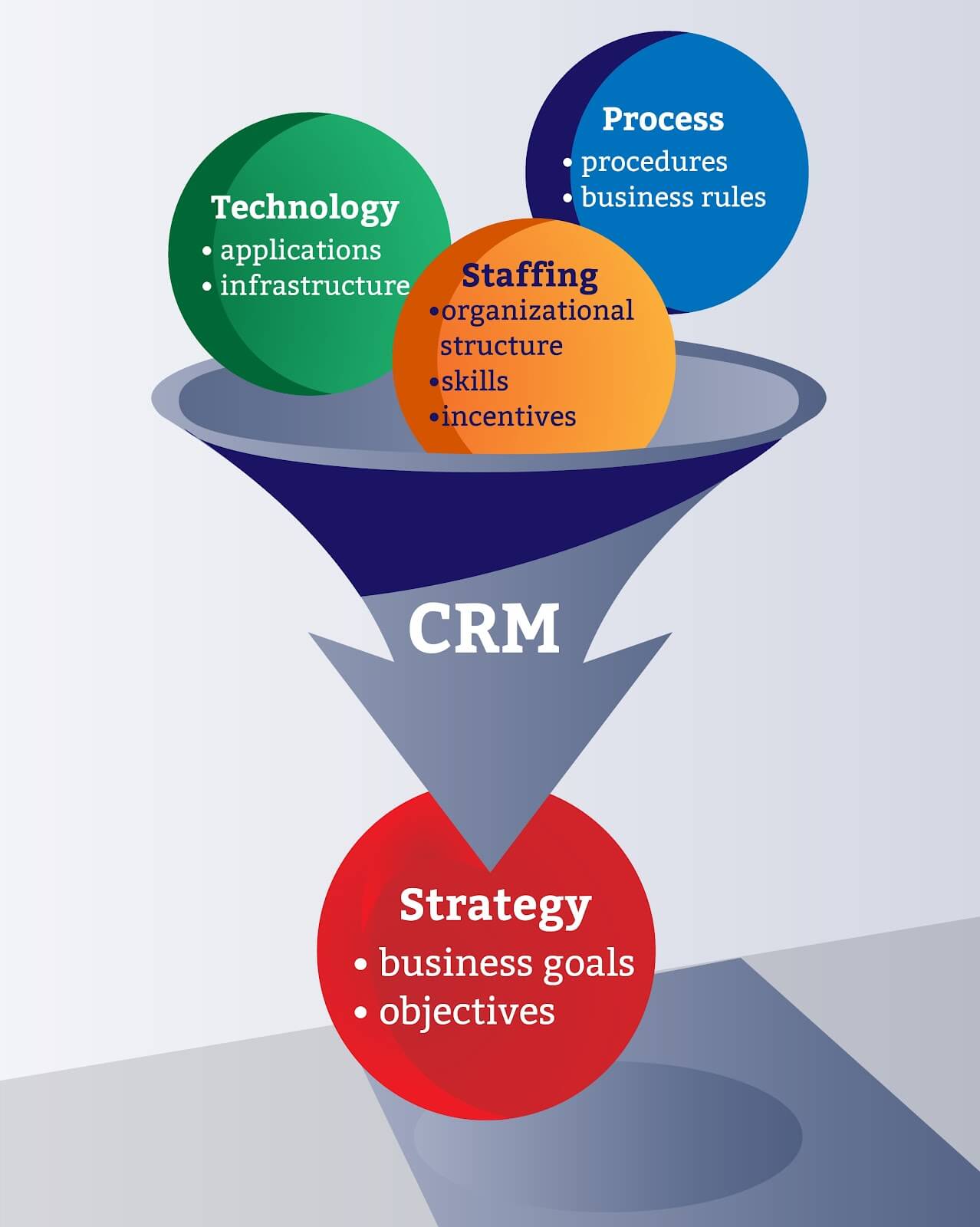
Strategies to Build Strong Relationships with Customers Using CRM
One key to building strong customer relationships is effectively utilizing CRM software. By implementing CRM strategies, businesses can better understand their customers’ needs, preferences, and behavior, enabling them to tailor their products and services to meet those needs. Some effective strategies include personalized messaging, offering loyalty programs, and providing exceptional customer service. By using CRM to track customer interactions and feedback, businesses can identify potential issues and quickly address them to build customer trust and loyalty.
Additionally, regular communication and the use of automation tools can keep customers engaged and interested in your business. By prioritizing customer relationship management, businesses can build strong, long-lasting relationships with their customers, leading to increased retention and sales growth.
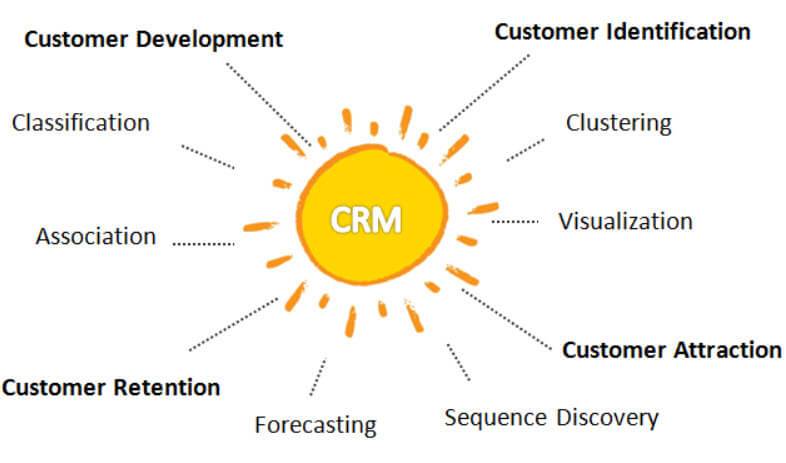
Using Customer Data to Improve Your Understanding of Customer Behavior
With the help of CRM systems, businesses can gather comprehensive data on their customers, enabling them to improve their understanding of customer behavior. This, in turn, proves crucial in enhancing customer retention and driving sales growth. By analyzing various customer data sets, such as purchase history, social media interactions, and feedback surveys, businesses can identify patterns and insights that help them to modify their operations accordingly.
This improves the overall customer experience and drives customer loyalty, leading to repeat business and referrals. In addition, using customer data through CRM software helps companies personalize their communication with customers, making them feel valued and understood, building trust and strengthening the relationship.
A comprehensive understanding of customer behavior also helps with decision-making and improving products and services, further enhancing customer loyalty. Overall, using customer data through CRM software proves vital in building long-lasting relationships with customers and driving business growth.
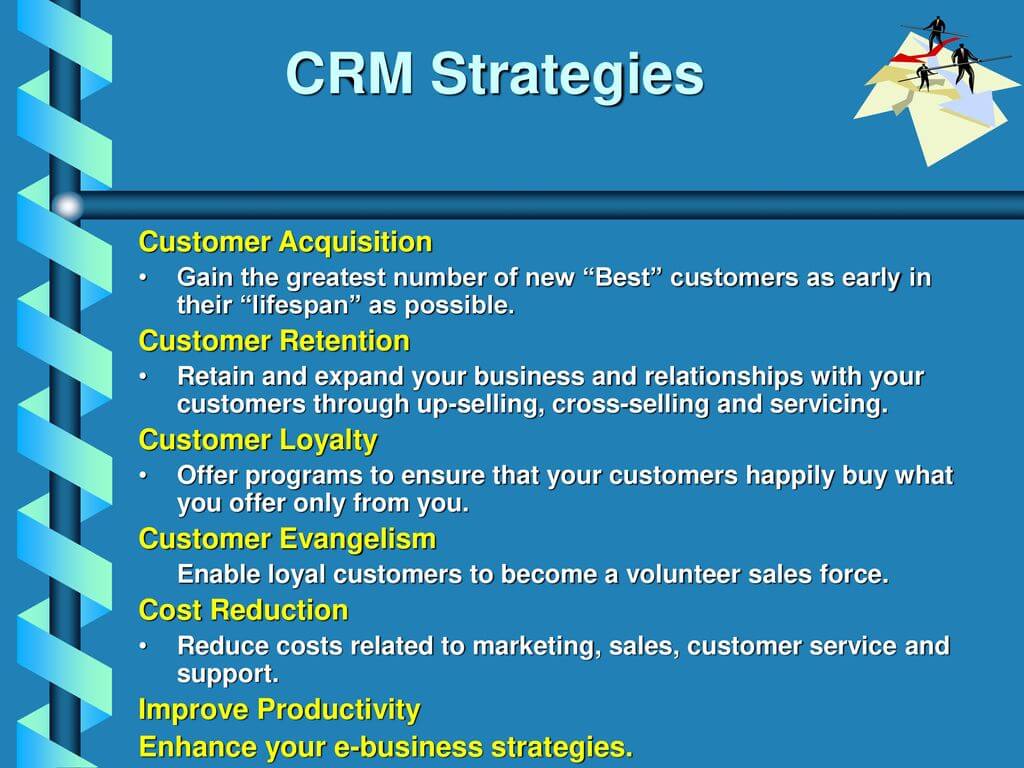
How CRM Helps to Enhance Customer Retention and Drive Sales Growth
The implementation of CRM in businesses has proved to be a great tool to enhance customer retention and drive sales growth. Companies can offer personalized experiences and tailor marketing efforts by understanding the customer’s behavior and preferences. This leads to happier and loyal customers, who are more likely to return and make repeat purchases.
Additionally, CRM can help identify areas where the organization can improve the overall customer experience, which in turn increases customer satisfaction and, ultimately, sales. With the help of CRM, companies can build a strong relationships with their customers, leading to a more profitable and successful organization. By automating and streamlining customer relationship efforts, companies can devote more time and resources to enhancing their business strategies, which is essential for long-term growth and success.

Use CRM to Get in Touch with Your Existing Customers
CRM not only helps in acquiring new customers and building loyalty, but it also plays a crucial role in maintaining and nurturing existing relationships. One of the core features of CRM is that it enables businesses to get in touch with their existing customer base on a regular basis. By keeping up consistent communication with customers, businesses can foster strong relationships, identify changing needs, and stay top of mind.
With the help of CRM, businesses can easily automate communication efforts, such as sending personalized emails, SMS, or social media messages to maintain a connection with the customer. By leveraging CRM tools to connect with existing customers, businesses are better positioned to stay relevant while boosting customer satisfaction and retention.
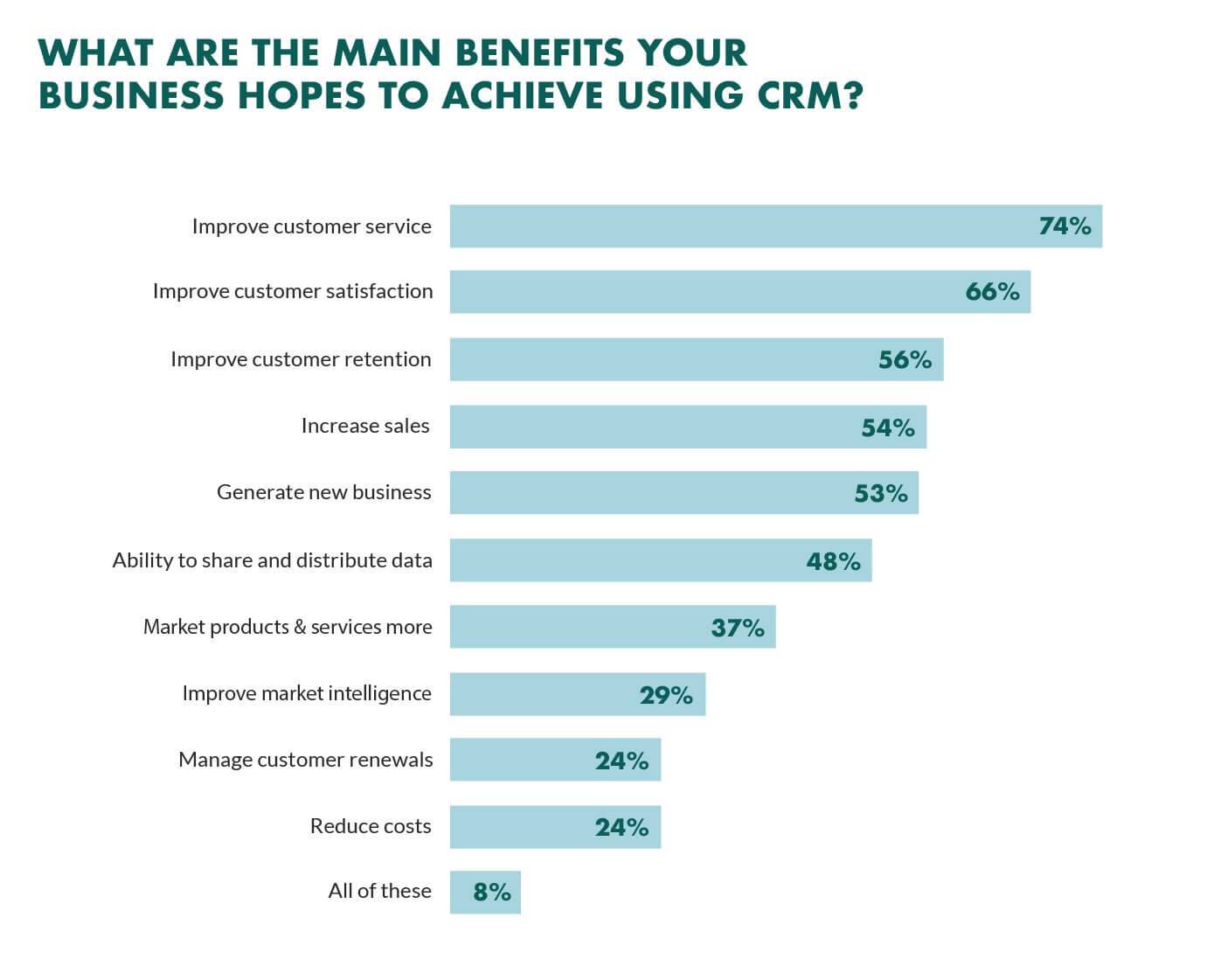
Conclusion: The Vital Role of CRM in Building Customer Loyalty
In conclusion, it is clear that CRM plays a vital role in building customer loyalty. The previous sections outlined the importance and benefits of implementing a CRM system in your business. CRM helps build a better understanding of your customers, their needs, and behaviors, which can improve customer retention and drive sales growth. By automating and streamlining customer relationship efforts, businesses can improve consistency and build stronger relationships with their customers.
Additionally, using customer data and implementing strategies to build strong relationships can further enhance the effectiveness of CRM. Overall, it is evident that CRM is a powerful tool businesses should utilize to build and retain healthy customer relationships.
Frequently Asked Questions (FAQs)
How does CRM help in building customer loyalty?
CRM (Customer Relationship Management) helps in building customer loyalty by enabling businesses to understand their customers better. It allows businesses to track customer interactions, preferences, and purchase history, facilitating personalized and targeted communication. By delivering tailored experiences, addressing customer needs, and providing exceptional service, CRM strengthens relationships and fosters loyalty.
What is the role of CRM in customer satisfaction and loyalty?
The role of CRM in customer satisfaction and loyalty is significant. CRM systems centralize customer data, enabling businesses to gain a holistic view of their customers. This information helps in identifying customer preferences, addressing concerns promptly, and delivering personalized experiences. By enhancing customer satisfaction, CRM fosters loyalty, promotes repeat purchases, and generates positive word-of-mouth referrals.
How does CRM impact customer loyalty and retention?
CRM impacts customer loyalty and retention by providing businesses with the tools and insights to cultivate strong customer relationships. Through CRM, businesses can proactively engage with customers, anticipate their needs, and deliver personalized experiences. By fostering customer loyalty, CRM contributes to higher customer retention rates, increased customer lifetime value, and reduced customer churn.
How to increase customer loyalty with CRM?
To increase customer loyalty with CRM, businesses should focus on leveraging customer data effectively. By analyzing customer behaviors and preferences, businesses can segment their customers and tailor marketing campaigns and communications accordingly. Providing proactive support, personalized offers, and rewards programs also helps in strengthening customer loyalty. Regularly collecting feedback and acting upon it further enhances customer satisfaction and loyalty.
How does CRM affect customer loyalty?
CRM affects customer loyalty by enabling businesses to deliver personalized and tailored experiences. It allows for effective customer segmentation, targeted marketing campaigns, and proactive customer support. CRM systems facilitate efficient communication and seamless interactions, which contribute to positive customer experiences and, in turn, increased customer loyalty.
Why is CRM important for customer loyalty?
CRM is important for customer loyalty because it helps businesses build strong and lasting relationships with their customers. By centralizing customer data, CRM enables businesses to gain insights into customer behavior, preferences, and needs. This information allows businesses to provide personalized experiences, timely support, and targeted offers, fostering loyalty and long-term customer relationships.
What is CRM strategy for loyalty programs?
The CRM strategy for loyalty programs involves utilizing customer data to design and implement effective loyalty initiatives. This includes identifying key customer segments, setting clear loyalty program goals, defining reward structures, and leveraging CRM systems to track customer participation and engagement. By analyzing program effectiveness and continuously improving based on customer feedback, businesses can optimize their loyalty programs and drive customer loyalty.



